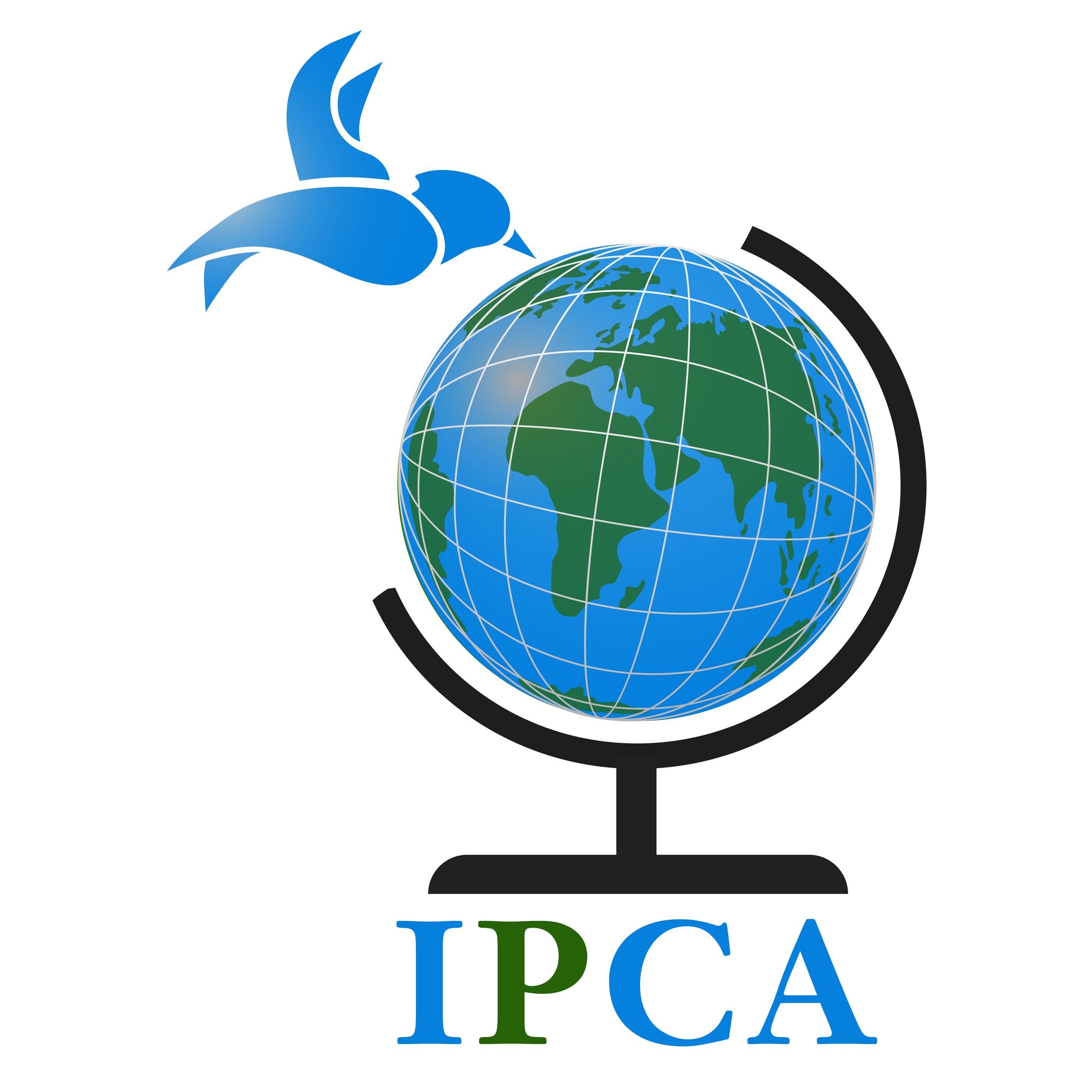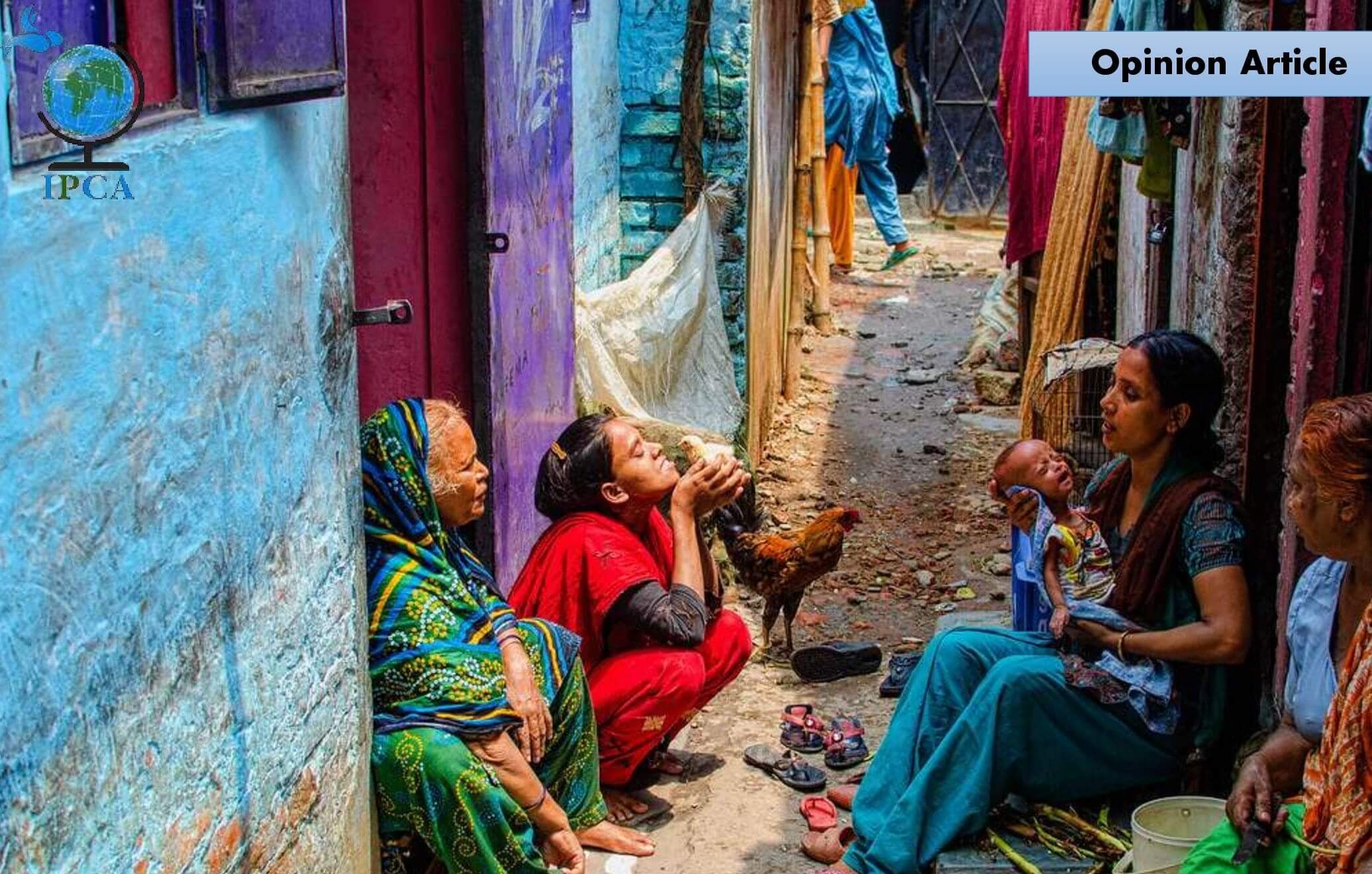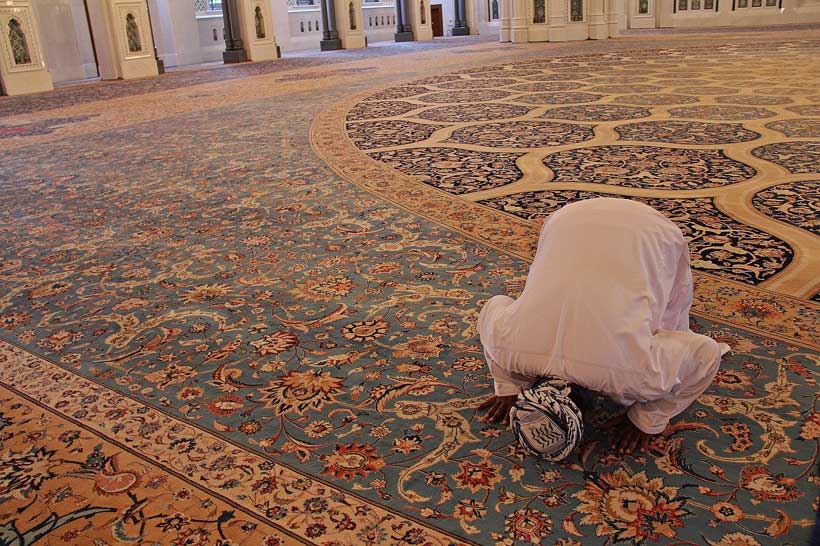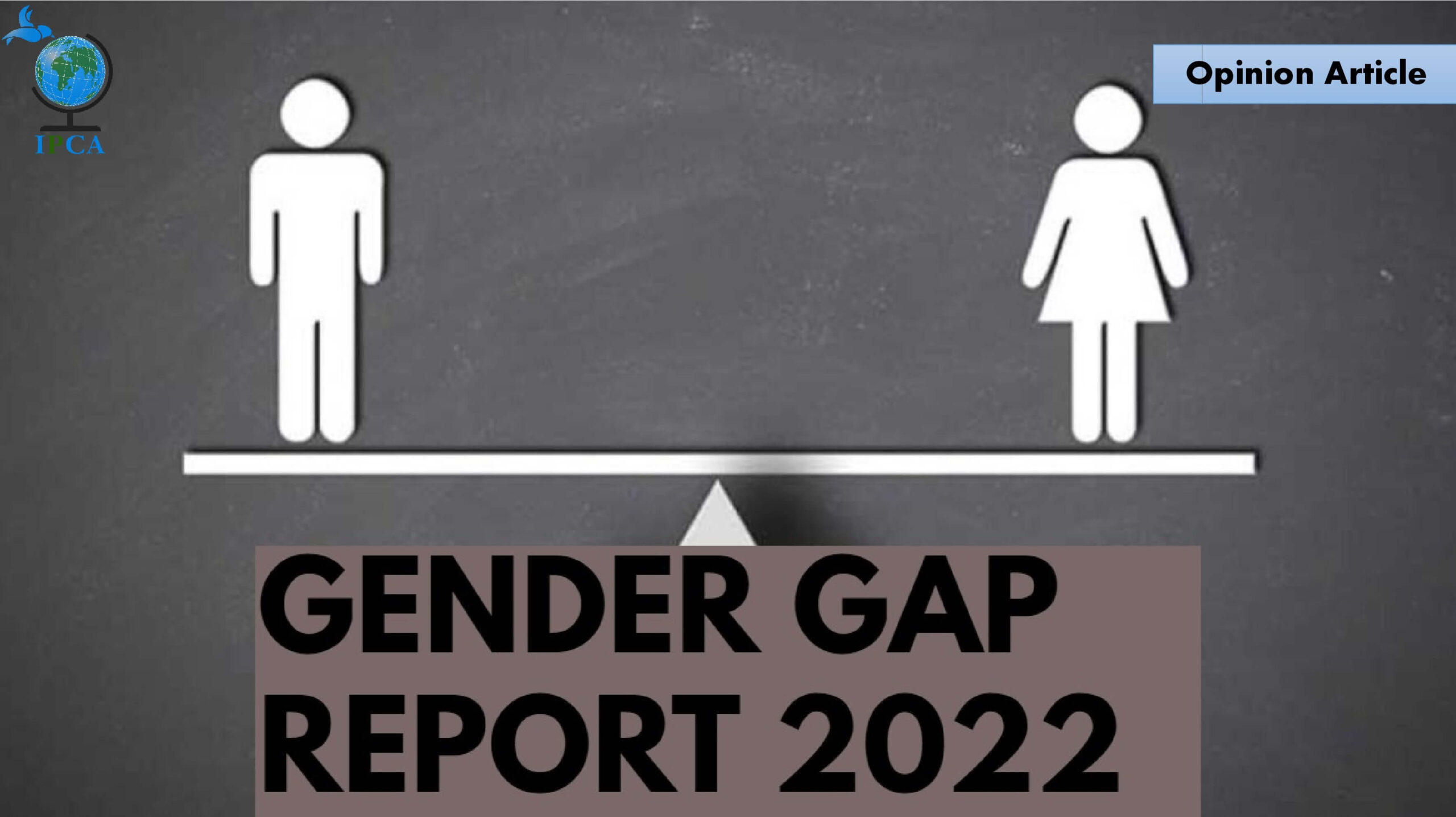Imagine a child sitting in a room under a lamplight with his head down in his legs and arms folded. He lifts his head and his eyes have become red and swollen due to continuous weeping and sleeplessness. He stares at a paper lying on the floor next to him, which is his test paper with grades written on it as ‘six out of ten’. Tears start to flow down again from his red sleepless eyes as he recalls what happened few hours ago, when he presented this paper to his parents. He takes out the sleeping pills from the trunk and …… and then you are familiar with the rest of the story. The result of such mental health cases is either the person eats the sleeping pills forever or the pills eat the person completely.
The well-known quotation “Health is wealth” does not only include physical health, but encompasses the concept of mental health as well. If physical health is to be maintained, then for sure mental health should not be considered as an ordinary or usual phenomenon, because mental development of a child leads to his psychological, emotional and social development as well. The main contributor in this regard is and should be the ‘Parenting Style’. Family is the first source and agent of socialization where a child spends his maximum time. It is often said that mother’s lap is the first school of the child. On the first place, comes the behaviour of the parents. The attitude that parents show in front of their children has a deep impact on their mind. The warm and caring nature of parents leads to manners, satisfaction and safety in the nature of child. The child’s mind starts to become positive and gains comfort and inner satisfaction. This is known as the ‘Authoritative Type of Parenting Style’. The other type is the ‘Authoritarian Style of Parenting’ which drives a negative effect on the child’s mental health because strict punishments, curb and limited excess leads to shyness, scariness, tension and depression in the child.
The confrontational and hawkish attitude makes the child energetic and obedient just for the time being, but then this hawkish and aggressive behaviour starts to erupt like a volcano in his future and he returns this attitude to his parents in the form of response. The negative attitude never leads to a positive result. The forcefulness always ends up as suicide in the present or violence and rebellion in the future. A mistake needs an encouragement to do better and avoid any further mistake, not punishments and restrictions because a single test paper with grades ‘six out of ten’ written on it cannot decide the entire future of the child. The single sheet of marks of the annual board exam cannot ensure the well-being and luxurious lifestyle in the future.
In Pakistan, between 15 to 35 people end their lives every day. In 2016, the World Health Organization (WHO) estimated that more than 5500 people ended their lives in Pakistan in one year. To understand the context of this suicidal trend, Dawn Newspaper published an online survey in December 2018 in which it was found that 55% of the respondents considered mental illness as the high likelihood reason for suicidal attempts and 24% considered lack of support to be one of the barriers to seek help. According to the American Academy of Child and Adolescent Psychiatry, depression and mental illness are the leading causes of suicidal attempts in children and teenagers. According to the Pakistan Journal of Medical Sciences, a case control study was conducted from January to April 2008 in which 76 parents were recruited to get a sample of 200 children. Children with psychiatric parents had two times higher risk of mental health problems than that of parents. Majority of the boys had the problem of social development and girls had emotional health problems. Majority of the parents did not seek any help about their children’s mental health issues.
All the studies and case analysis reveal that the mental health problems arise from the behavioural and emotional disorders. These problems lead to issues in the psychosocial development of the child. Anxiety and depression starts to travel with the child time to time and he starts to feel lonely whether being in any gathering. The child starts to lose the power of focus and concentration, and likes to stay in darkness. Insomnia and other sleeping disorders destroy his physical health which also slows down his energy and activeness. These all factors come as hurdles in his upcoming life.
Now is the very right time to sit and think that the pressure exerted on the children should be uplifted and the parents should consider their mental health as a necessary and extraordinary part of their life because mental health is a serious topic to be discussed and debated upon rather a joke. The level of obedience and achievements expected from children should be controlled and they should not be presented as a tag or medal of achievement. Every parent should treat his child like a friend not an ownership or subject. This is the time to judge the level and intensity of interaction between parents and their children. This is the time to talk to your child and make him comfortable and satisfied. This is the time to let the child be who he is. This is the time to uplift the sanctions and punishments for the betterment of your child. This is the time to modify our education system. This is the time to improve our behaviour, language and tone. This is the time to let the child try instead of doing. This is the time to say “Try it my dear …” instead of “Do it otherwise ….!”. This is the time to ask the child about his wish. And at last, this is the time to BREAK THE SILENCE and ask the parents, “ARE GRADES BETTER THAN YOUR CHILD’S MENTAL HEALTH?”







